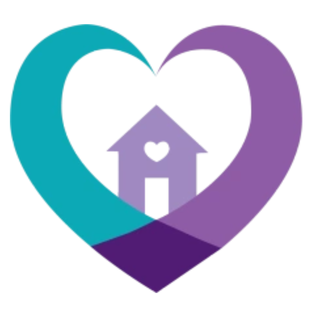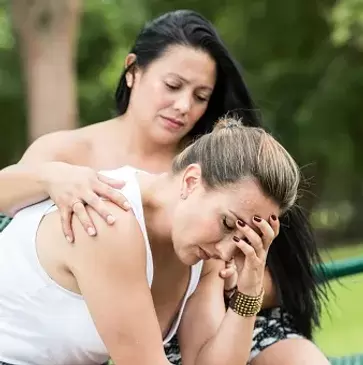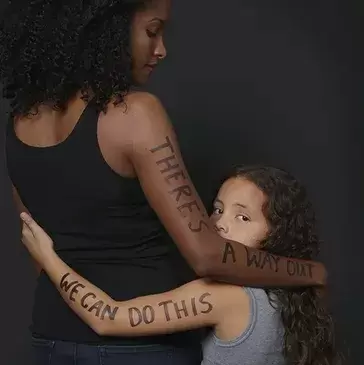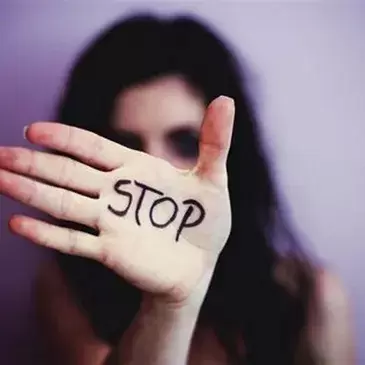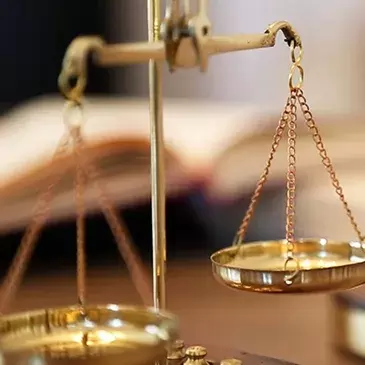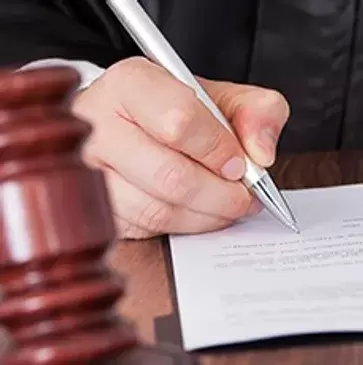|
|
All Services are confidential
|
|
|
SAFETY PLANNING
Safety planning is the most critical resource to help someone who is in a dangerous situation. A safety plan is a plan of action designed to help keep you and your children as safe as possible when there is violence. To be safe, plan ahead. A detailed safety plan is important to have in place before there is a violent situation and includes the following:
|
SEXUAL ASSAULT SERVICES
What is Sexual Assault? Sexual Assault is a crime of violence, power and control. It happens when a person is forced, threatened or coerced into sexual contact against her or his will. It includes unwanted touching, kissing and rape. Anyone may be a victim of rape: women, men or children, straight or gay. Sexual assault is not the victim’s fault. No one deserves or asks to be raped or assaulted. What a person wears, how much they drink or how they act does not mean they want to participate in sexual activity. It is also not the victim’s fault if they are unable to consent because of alcohol, drugs or disability. Facts About Sexual Assault
Indicators of Sexual Abuse in Relationships
If you are a sexual assault survivor, you are not alone! Help is available. Call our confidential 24-hour hotline at 740-947-1611. |
DOMESTIC VIOLENCE SERVICES
What is Domestic Violence? Domestic Violence is a pattern of abusive behaviors to exert power and control over another individual in the context of an intimate partnership. Facts About Domestic Violence Most domestic violence incidents are never reported. More than 1 in 3 women (35.6%) and more than 1 in 4 men (28.5%) in the United States have experienced rape, physical violence and/or stalking by an intimate partner in their lifetime. Women ages 18 to 24 generally experienced the highest rates of intimate partner violence. Domestic violence is the leading cause of injury to women – more than car accidents, muggings, and rapes combined. On average, 24 people per minute are victims of rape, physical violence or stalking by an intimate partner in the United States — more than 12 million women and men over the course of a year. Every year, 1 in 3 women who is a victim of homicide is murdered by her current or former partner. Indicators of Domestic Violence in a Relationship Domestic violence doesn’t look the same in every relationship because every relationship is different. But one thing most abusive relationships have in common is that the abusive partner does many different kinds of things to have more power and control over their partners. If you’re beginning to feel as if your partner or a loved one’s partner is becoming abusive, there are a few behaviors that you can look out for. Watch out for these red flags and if you’re experiencing one or more of them in your relationship, call the hotline (740-947-1611) to talk about what’s going on. Red Flags Telling you that you can never do anything right Showing jealousy of your friends and time spent away Keeping you or discouraging you from seeing friends or family members Embarrassing or shaming you with put-downs Controlling every penny spent in the household Taking your money or refusing to give you money for expenses Looking at you or acting in ways that scare you Controlling who you see, where you go, or what you do Preventing you from making your own decisions Telling you that you are a bad parent or threatening to harm or take away your children Preventing you from working or attending school Destroying your property or threatening to hurt or kill your pets Intimidating you with guns, knives or other weapons Pressuring you to have sex when you don’t want to or do things sexually you’re not comfortable with Pressuring you to use drugs or alcohol If even one of these indicators applies to you, you may be in an abusive relationship. For support and information, please call our 24-hour hotline at 740-947-1611. |
|
PREVENTION PROGRAMS
Steward of Children The Stewards of Children Program will increase knowledge, improve attitudes, and change child-protective behaviors concerning child sexual abuse. This program is for any responsible adult who cares about the welfare of children; educators, coaches, Sunday school teachers, babysitters, any youth-serving organization. Safe Dates Safe Dates is a curriculum to address attitudes and behaviors associated with teen dating abuse and violence. Healthy boundaries are explored and how to recognize unhealthy behaviors in the early stages of the relationship. Best Life Human Trafficking Curriculum for At-Risk Girls This eight-session curriculum is geared towards at-risk teenage girls. The Best Life Human Trafficking Prevention Curriculum for Girls will teach them how to lower their risk for human trafficking and other forms of exploitation and abuse. They will learn how to stay safe and have fun learning at the same time. Point Person for the Pike County Coalition to End Human Trafficking Beloved is dedicated to assisting survivors of human trafficking and education the community to prevent and reduce human trafficking in our community. Beloved is partnered with community agencies to provide advocacy and resources to survivors of human trafficking. If you or someone you know is a victim of human trafficking, or you have questions about human trafficking, call (740) 947-1611 24/7. Option 2 after hours |
KNOW YOUR RIGHTS
|
PROTECTION ORDERSAn alleged survivor must be fearful of the alleged abuser to apply for a protection order, and there should also be a pattern of abuser. Alleged survivors and alleged abusers must be at least 18 years of age to qualify for our agency's assistance.
2. Domestic Violence Civil Protection Order (DVCPO) A family or household member may petition the Court of Common Pleas, if the survivor is a resident of Pike County for a DVCPO. A survivor may file their own DVCPO or seek assistance through an attorney, Southeastern Ohio Legal Services or the Partnership. Once the petition is filed, the Court may grant a DVCPO ex-parte,(this is temporary). A full hearing will be scheduled within ten court days after filing the petition. At the hearing, the alleged survivor must explain to the judge why a DVCPO is necessary. The alleged abuser will be present at this hearing, and people who may have witnessed the abuse can testify. An A=attorney is highly encouraged for this process. Beloved does not employ attorneys. At times, we may be able to locate an attorney to assist with your case, however there is no guarantee that an attorney may be provided. 3. Violation of a Protection Order If the abuser violates the DVTPO/DVCPO the survivor should contact law enforcement immediately. Violating a protection order is a criminal offense and the abuser may be arrested and charged with a new criminal offense each time the protection order is violated. Only a court can make changes to the protection order once it has been granted. Beloved cannot assist with protection order modifications or dismissals. |
